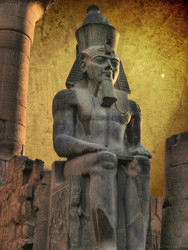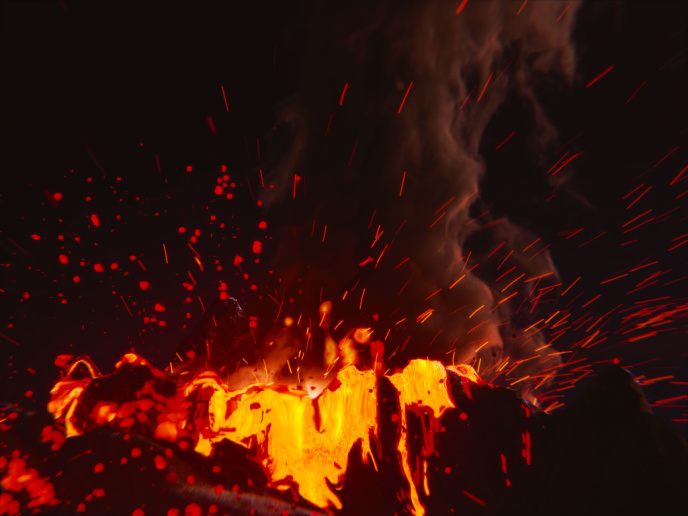Linking archaeology and colonialism
Archaeology and colonialism have long been intertwined. Starting from the mid-19th century, this holds true concerning the Middle East. This region of the world has been a resource for ancient materials enriching western collections for over two centuries, while simultaneously excluded from the praxis of recovering its own heritage and history. The EU-funded project 'Moving archaeological knowledge away from neo-colonialism' (MAKAN) investigated the issue in Egypt and Sudan. Such disparity is of a complex nature. It spans from viewing local workmen as unskilled labourers needing constant supervision by non-locals in charge. Beyond that there is a lack of local interest in the past that is greatly overlooked. Funding of western projects in Middle Eastern countries far exceeds what the countries can afford for their own projects, leading to a kind of economic neo-colonialism within archaeology. Finally, the reports providing studies and site data are rarely published in the host country's language. Despite all the studies conducted on intercultural interactions on Middle East excavations and their impact on the lives and opinions of local inhabitants, topics relating to the politics of archaeology are rarely found in prominent journals. This is particularly true for Egyptology. Furthermore, objects from local territory may be housed far off in western countries and even local museums may not be accessible by locals. MAKAN examined the formative phase of Egyptian archaeology. Direct access to various archives helped create a self-critical history of the discipline. This led to a better understanding of the dynamics of knowledge production. Ultimately, the aim was to create a productive means for raising awareness of the importance for local communities to reconnect with their past. Looking at local and distant museums as spaces for community expression and exchange was also part of the work. A vital part of the MAKAN project was participation in an exhibition project comprised of 200 objects on display from the Petrie Museum at the Egyptian Cultural and Educational Bureau (ECEB) in London. Egyptians living and working in London were directly involved, and this complemented the workshop held in Egypt in December 2012. As a result of such events, more insight has been gathered on how to approach the experience of local societies in both Egypt and Sudan. This opens a means for further discussions, reflections and guidelines for Nile Valley archaeology in the future.







